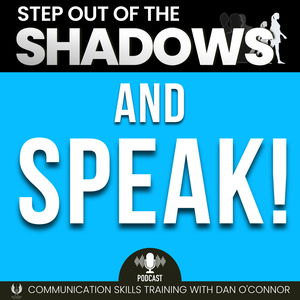

Dela
Podden och tillhörande omslagsbild på den här sidan tillhör
Dan O'Connor. Innehållet i podden är skapat av Dan O'Connor och inte av,
eller tillsammans med, Poddtoppen.